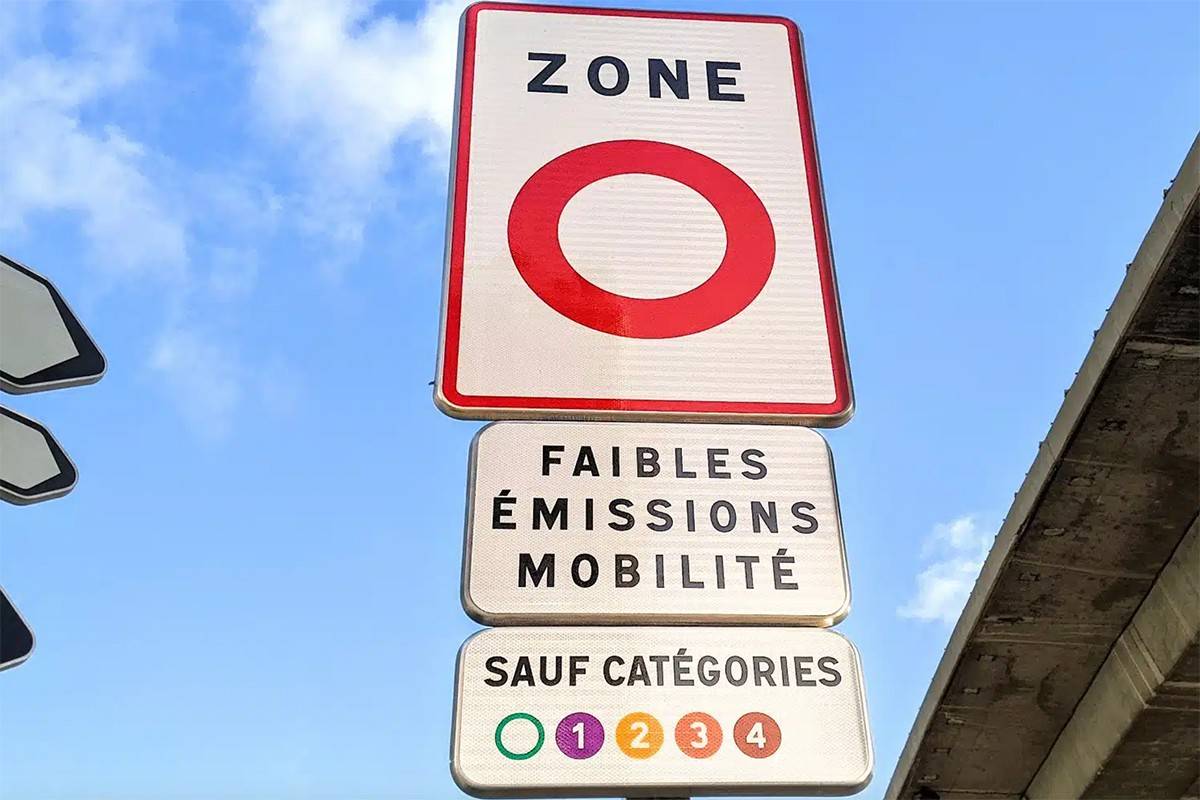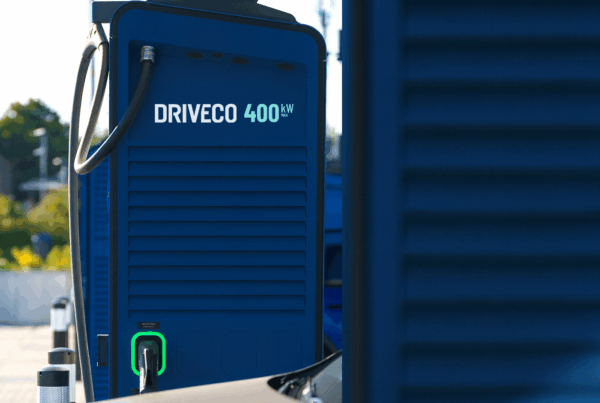In 2023, the French electric vehicle (EV) market experienced a real boom, with 491,866 units sold1. New lightweight rechargeable electric vehicles accounted for nearly 23% of the annual automotive market. This remarkable growth in the electric sector could permanently disrupt the traditional automotive industry. Several factors explain this trend: increased public awareness of environmental issues, policies aimed at reducing greenhouse gas emissions, and an increasingly strict European regulatory framework on anti-pollution standards. This overview illustrates the remarkable rise of the electric vehicle market in France.
Electric vehicles: The impact of regulations
The strengthening of environmental regulations, both at the French and European levels, is one of the main drivers behind the growing adoption of electric vehicles and the development of this market segment. However, there is a certain heterogeneity in the goals set by these different national and community regulations.
The 2019 Mobility Orientation Law (LOM)
With the Mobility Orientation Law of 24thof December 2019, France became the first European country to enshrine a carbon neutrality goal in law. Through a number of unprecedented measures, the LOM aims to reduce greenhouse gas emissions from land transport by 37.5% by 2030, to achieve carbon neutrality by 2050. Some of the key measures include:
– banning the sale of private and commercial vehicles using fossil fuels by 2040;
– establishing low-emission zones (LEZs) to restrict the circulation of the most polluting vehicles in 11 metropolitan areas (Paris, Lyon, Aix-Marseille, Toulouse, Nice, Toulon, Strasbourg, Rouen, Montpellier, Grenoble, Reims);
– deploying a network of charging stations through financial incentives.

The European Green Deal of 2020 and Fit for 55
The Green Deal, the European Commission’s environmental roadmap, aims to make Europe the first continent to achieve climate neutrality by 2050, through a reduction of at least 55% in greenhouse gas emissions by 2030 (compared to 1990 levels). As part of this, the Green Deal makes electric mobility a strategic focus, encouraging investments in green technologies.
The proposals contained in “Fit for 55” aim to translate the Green Deal’s climate ambitions into law and align European legislation with the EU’s climate goals. For this reason, this set of texts:
– tightens environmental standards ;
– encourages electrification to promote the rapid adoption of electric vehicles ;
– supports the development of charging infrastructure across Europe;
– bans the sale of new combustion vehicles from 2035 (at the EU level).
The 2021 Climate and Resilience Law
The Climate and Resilience Law of 22 August 2021 incorporates some of the proposals from the Citizens’ Convention for Climate. Notably, it adds a goal of reducing greenhouse gas emissions by 55% by 2030, which it translates into a set of measures organised around five themes: consumption, production and work, transportation, housing, and food. Among the measures related to electric mobility, notable ones include:
– experimenting with a zero-interest loan for the purchase of low-polluting vehicles;
– maintaining the ecological bonus;
– establishing LEZs in urban areas with over 150,000 inhabitants by the end of 2024 (33 new urban areas are affected);
– incentivising the adoption of clean vehicles in public fleets, with progressive targets up to 2030;
– increasing support for the development of charging infrastructure in car parks (new obligations for car parks with more than 20 spaces, among others).
Electric vehicle market: What are the prospects?

The regulatory and incentive measures implemented in recent years to promote cleaner mobility have catalysed a marked transition towards electric and plug-in hybrid vehicles in France. The year 2020 marked a decisive turning point, with a substantial increase in registrations of these vehicles, with a 301% rise in plug-in hybrids (reaching 74,592 units) and a 159% increase in electric vehicles (with 110,916 registrations)2.
Meanwhile, car manufacturers have significantly expanded their range of electrified models, under pressure from European regulations that imposed strict limits on CO2 emissions from 2020 onwards.
At the end of 2023, there were 1 594 841 electric and plug-in hybrid vehicles on French roads, making up a significant share of the total car fleet of 38.9 million vehicles3.
What’s the future of electric vehicles?
Projections indicate that electric vehicle (EV) sales are expected to continue their strong growth in France and across Europe in the coming years. Estimates suggest that between 145 and 230 million EVs will be in circulation worldwide by 20304. The European Union itself expects 13 million EVs on its roads by 2025, and 30 million by 2030.
Faced with the constant tightening of European environmental regulations, car manufacturers have no choice but to accelerate their transition to electric mobility. Several brands such as Alpine, Peugeot, and Mercedes, have even announced their intention to produce only 100% electric models by 2030. This necessary transition in the automotive sector now seems inevitable.
For drivers, the two main barriers to adopting electric vehicles remain the purchase cost and range anxiety. However, a study has shown that acquiring an electric vehicle tends to reassure drivers on the latter point5. Regarding concerns about range, a survey reported by Speedy at the end of 20236 revealed that more than 8 out of 10 French people had reservations on this issue.
These reservations are largely unfounded, given the extensive network of charging stations already deployed across the country, allowing drivers to recharge their vehicles during their journeys. Contrary to popular belief, many charging points are already accessible to electric vehicle users in France!
Charging infrastructure: Where do we stand?

The charging infrastructure network in France
By the end of 2023, France had approximately 1 charging point for every 14 electric vehicles on the road7.
As of 31 December 2023, 118,009 public charging points were available in France, a 44% increase in just one year8 ! The Government had set a target of 100,000 charging points to be deployed by the end of 2022, a milestone that was eventually reached shortly thereafter, in May 2023. These charging points are spread across 40,000 stations nationwide. According to a study by AVERE France, the public charging needs until 2035 could amount to between 300,000 and 400,000 points for over 12 million electric vehicles9. These projections align with the Government’s new target of having 400,000 public charging points installed nationwide by 203010.
The network at the European Union level
In 2021, the European Union had 450,478 publicly accessible charging points, and by mid-2023, 500,000. The Netherlands, Germany, and France11 are the three best-equipped countries in Europe, both in terms of the number of charging points and density. However, the European Court of Auditors has lamented the lack of charging infrastructure at the EU level, with 70% of charging points concentrated in these three member states12.
Regarding fast charging, the AFIR regulation has set ambitious deployment goals. The aim is to reach one million fast charging points by 2025 and 3.5 million by 2030. To support the decarbonisation of road transport, including heavy goods vehicles, charging stations for heavy commercial vehicles with a minimum power of 350 kW will need to be deployed at regular intervals. On the core network of the TEN-T, they will be spaced no more than 60 km apart, while on the wider comprehensive network, the maximum spacing will be 100 km. The goal is complete network coverage by 2030.
You might find these articles interesting
1 Avere France, 2023 Review: By the End of 2023, the milestone of one million registered electric vehicles in France was reached and over 118,000 public charging points were opened, December 2023
2 Ademe, Carlabelling, “Trends in the sales of environmentally efficient vehicles”
3 Ministry of Ecological Transition and Territorial Cohesion, “38.9 million cars on the road in France as of 1 January 2023,“, 21 November 2023
4 European Commission, “European Green Deal, Meeting our goals“, 2021
5 Recurrent, EV range anxiety afflicts this group of people the most, November 2023
6 Automobile Propre, Electric car: The french have exaggerated fears about range, November 2023
7 UFE-Electricité, Evolution of charging point deployment by region and department, February 2024
8 Avere France, “2023 review: By the end of 2023, the milestone of one million registered electric vehicles in France was reached and over 118,000 public charging points were opened”
9 Avere France, “[Study] Publication of a study on charging needs by 2035“, September 2023
10 Gouvernment, “Deployment of charging points, on the way to 2030“, 27 October 2023
11 European Alternative Fuels Observatory, 2021
12 Cour des comptes européenne, “Reducing car emissions: Easier said than done!“, 24 January 2024




